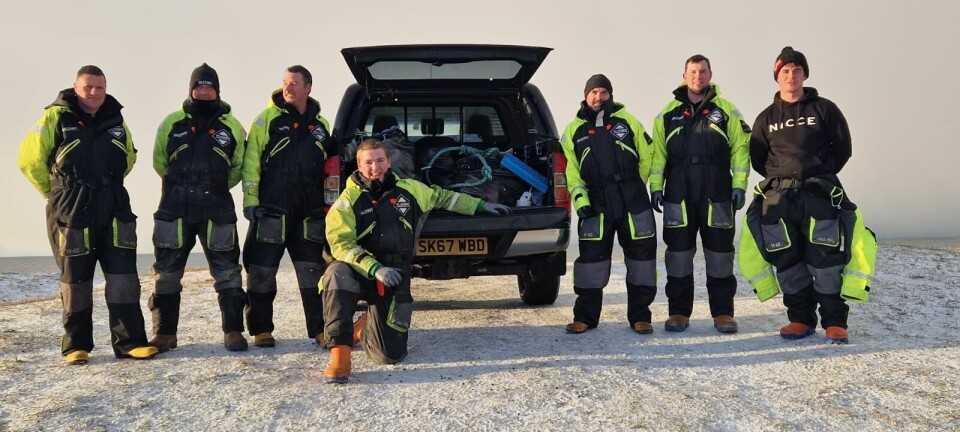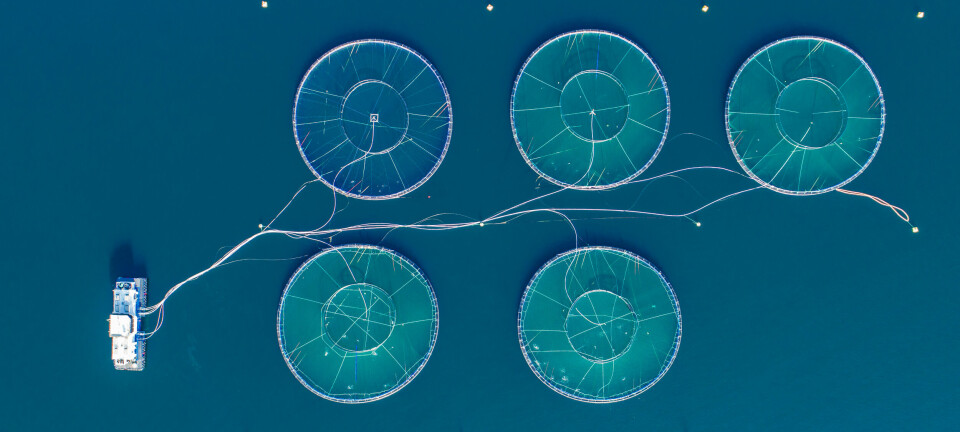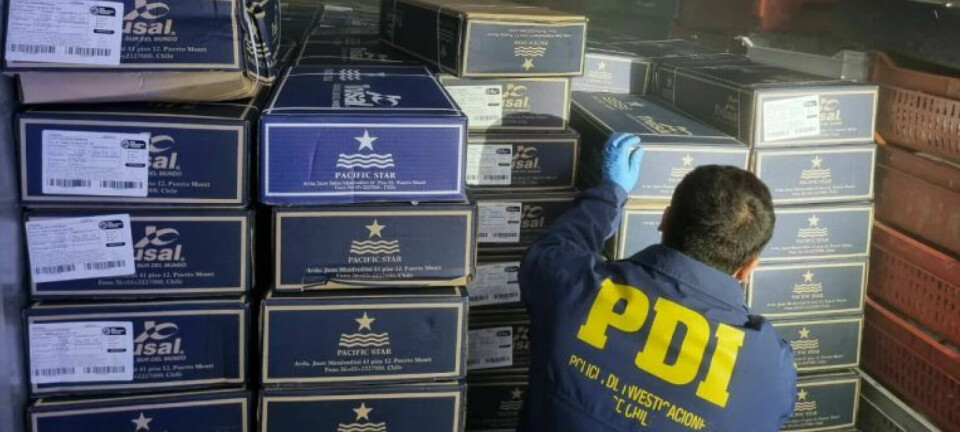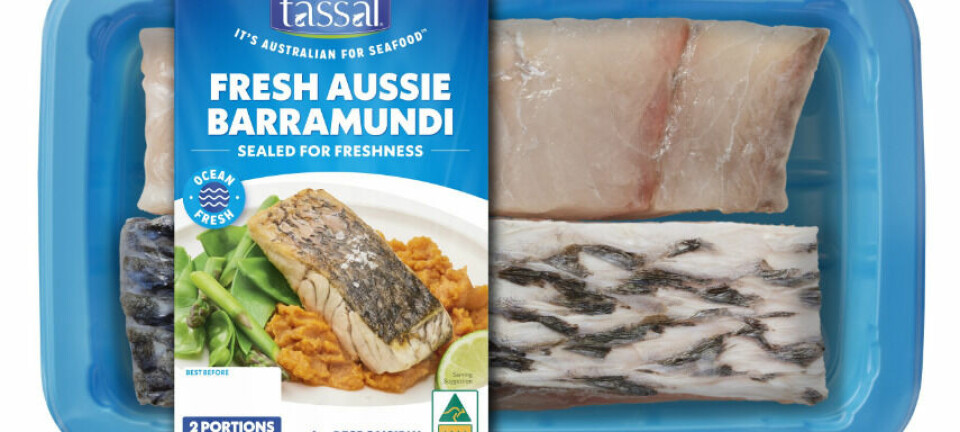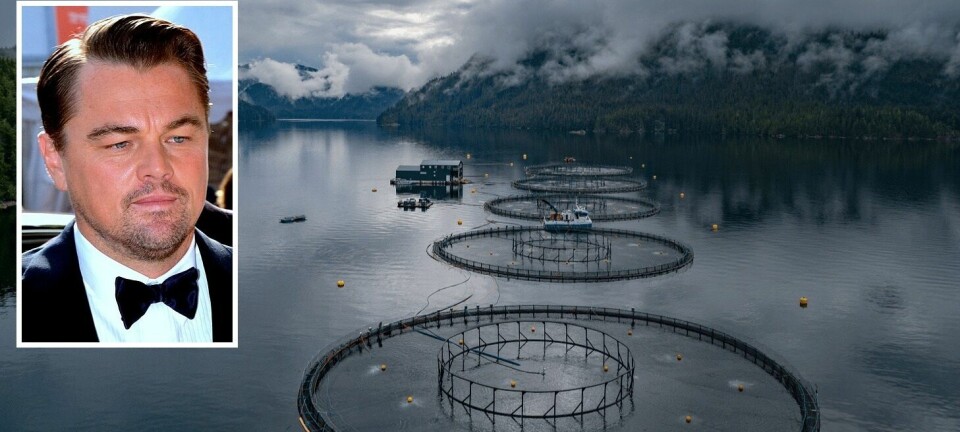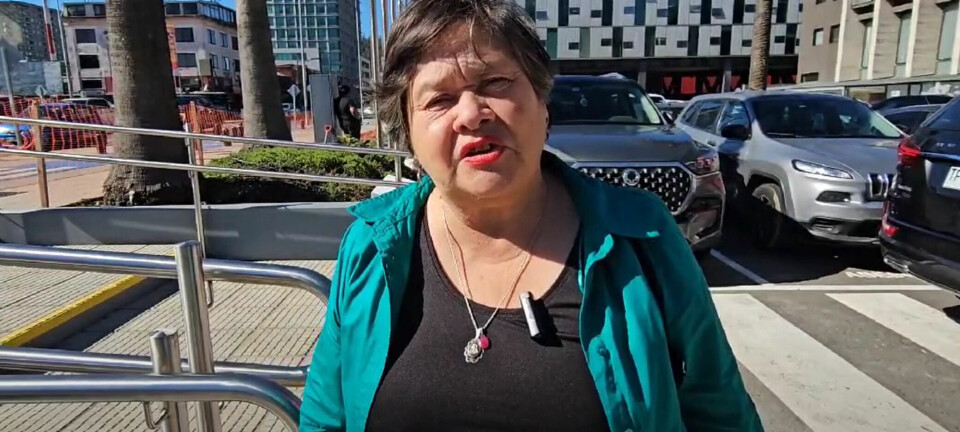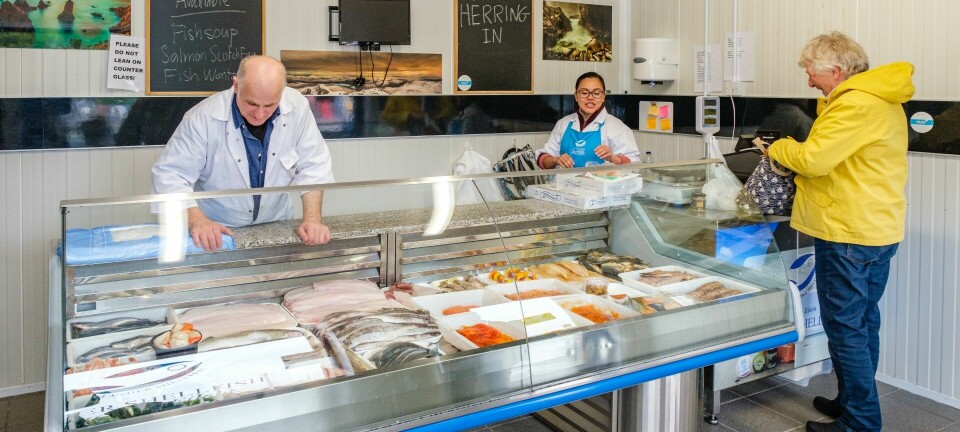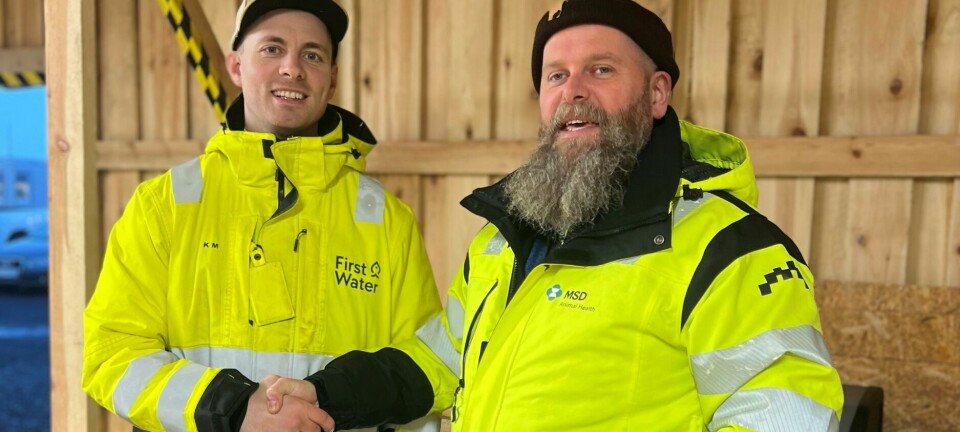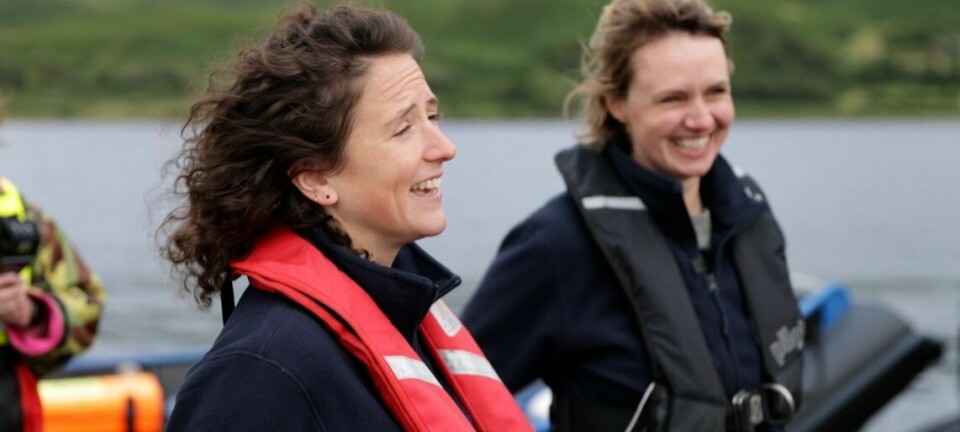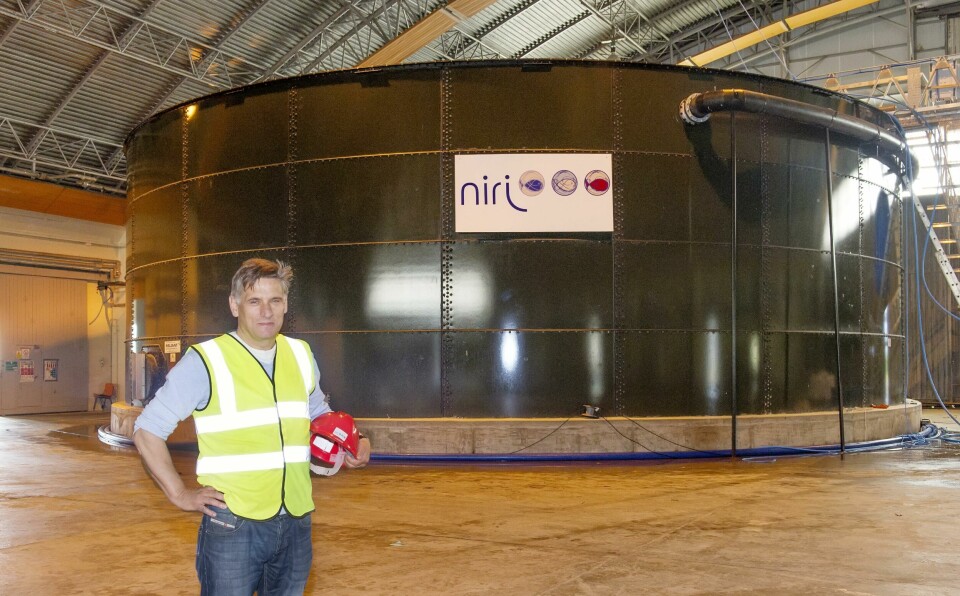
Aircraft hangar salmon farm put up for sale
An experimental recirculating aquaculture facility housed in a disused aircraft hangar at Machrihanish near Campbeltown has been put up for sale by its owners, Niri Scotland Ltd.
Norwegian Arve Gravdal was growing 26,000 Atlantic salmon in a large tank in the hangar, but decided to take the fish out towards the end of last summer after the water became contaminated with detergent.
Gravdal was founder and chief operating officer of Niri Scotland's parent company, Niri AS, based in the Norwegian town of Måløy, midway between Bergen and Ålesund, but is no longer listed as a board member.
Infrastructure to support sizable expansion
In a statement on its website, Niri says that having developed a facility to prove the Niri RAS technology, Niri Scotland Ltd's shareholders have taken the decision to offer the facility for sale because they "wish to remain true to their strategy focused on being a technology business and not a production company".
The statement adds: "We strongly believe that a partner who has core competencies in production, supported with Niri RAS technology, together, can create a successful future based around the facility established in Machrihanish. The facility has sufficient infrastructure to support sizable expansion over the coming years to produce high quality salmon in this pristine location.
'The future of salmon production'
"Niri not only believe in RAS technology but see this as the future of the production of high quality Atlantic salmon. Growing demand for North Atlantic salmon and the limitations of the existing farming arrangements in place today results in the Niri farming approach as the way of the future.
"In conclusion, with the investment to date and the results achieved NIRI Scotland and their shareholders are convinced the Machrihanish facility has a excellent future with the right partner willing to invest in this exciting venture."
No fish on a plate
The Machrihanish experiment was last week mentioned during a Scottish Parliament inquiry into the effects of salmon farming on the environment. John Aitchison, of the Friends of the Sound of Jura, asked why Scotland wasn’t investing in land-based projects such as the one at Machrihanish, "that has concluded, I think successfully".
In fact, although Gravdal was able to grow the fish to what he said was market-size, none ended up on a plate. Gravdal told fishfarmingexpert.com that the contamination meant the fish were harvested and recycled, with only a few examples kept in a freezer for him to show the potential of the RAS system to investors.
15,000 tonne-per-year plant
Niri Scotland's contention that it is a technology business and not a production company differs from the stated intent of its Norwegian parent to "become a leading producer of high-quality seafood on land at competitive cost". In the summer of 2017 Niri AS announced plans for a 15,000 tonne/year Niri RAS facility in Andenes, Norway.
In November, Gravdal said he was certain Niri would re-start land-based farming in Scotland, but the details hadn’t yet been worked out.











































